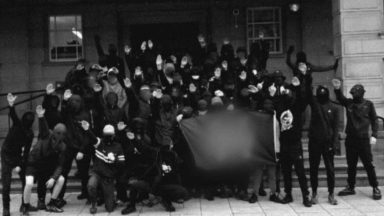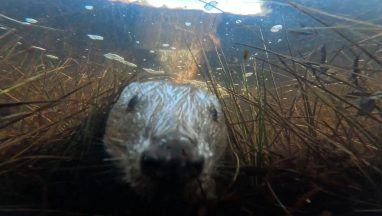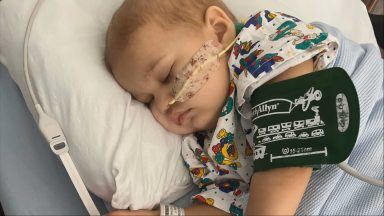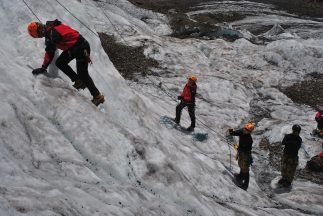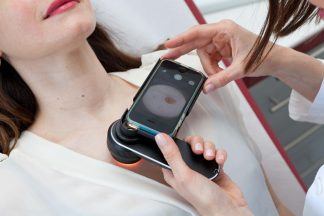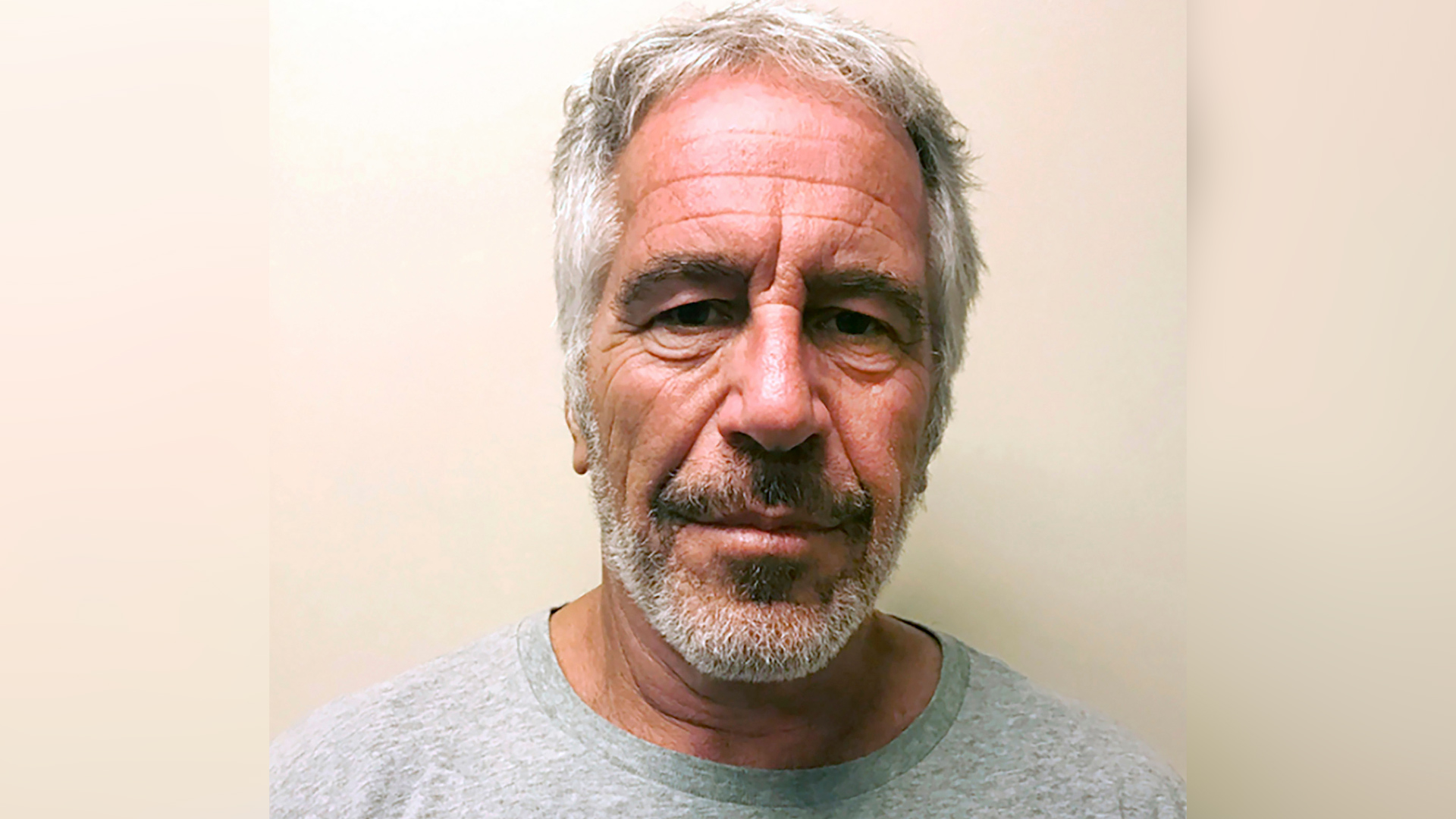New data from Public Health Scotland has revealed that cases of respiratory syncytial virus (RSV) reach “extraordinary” levels in Scotland.
The health board said cases of RSV have been at high levels for the week beginning December 9 and the two weeks before it.
Case levels are “extraordinary” compared to previous years, with younger age groups being more affected than older people.
The new data shows extraordinary incidences of the virus in the age group of five to 14-year-olds.
Cases are also high in those aged one and under, one to four-year-olds and 15 to 44-year-olds.
The health board said overall levels of those testing positive for RSV remain “high” compared to previous years, but hospital admissions have “remained relatively stable, but high”.
According to the NHS website, RSV is a common respiratory virus that causes a mild illness with cold-like symptoms in most people but can also cause severe lower respiratory infections like pneumonia.
The infection can happen at any time of year but is more common from late autumn to early spring.
The virus is highly infectious and spreads quickly when people with the virus cough or sneeze.
It also says RSV is the most common reason that babies are admitted to hospital with breathing problems, with premature babies and under two-year-olds being most at risk.
In the week leading up to December 1, the number of lab-confirmed cases nearly doubled, with circulation increasing alongside hospital admissions.
In Elgin, health board bosses were forced to close several wards at Dr Gray’s Hospital due to a norovirus outbreak.
All non-essential visiting was suspended across the hospital in a bid to control the spread of the virus.
Dr Kimberly Marsh, interim viral pathogens lead at Public Health Scotland, said: “RSV is a common and highly infectious respiratory virus that affects the lungs and is the leading cause of emergency admissions to hospital in infants.
“Rates of RSV are currently high, though that’s not unexpected for this time of the year. Our recent data shows that rates of RSV are highest in children under 1 year of age.
“RSV infection often looks like a cold, with common symptoms including a runny nose, decreased appetite, cough and shortness of breath.
“Mild cases of RSV will normally get better on their own, however newborns and infants are most at risk. If your child is unwell and getting worse, call your GP or 111 for advice.
“If your child is having severe difficulty breathing, will not wake or stay awake, or their lips or skin are turning very pale, blue or grey, phone 999 or go to A&E.
“To help protect newborns and infants, pregnant women are being offered the RSV vaccine during antenatal appointments with their midwife from 28 weeks into their pregnancy. If you are over 28 weeks pregnant and haven’t yet had your RSV vaccine, please speak to your midwife.”
Follow STV News on WhatsApp
Scan the QR code on your mobile device for all the latest news from around the country


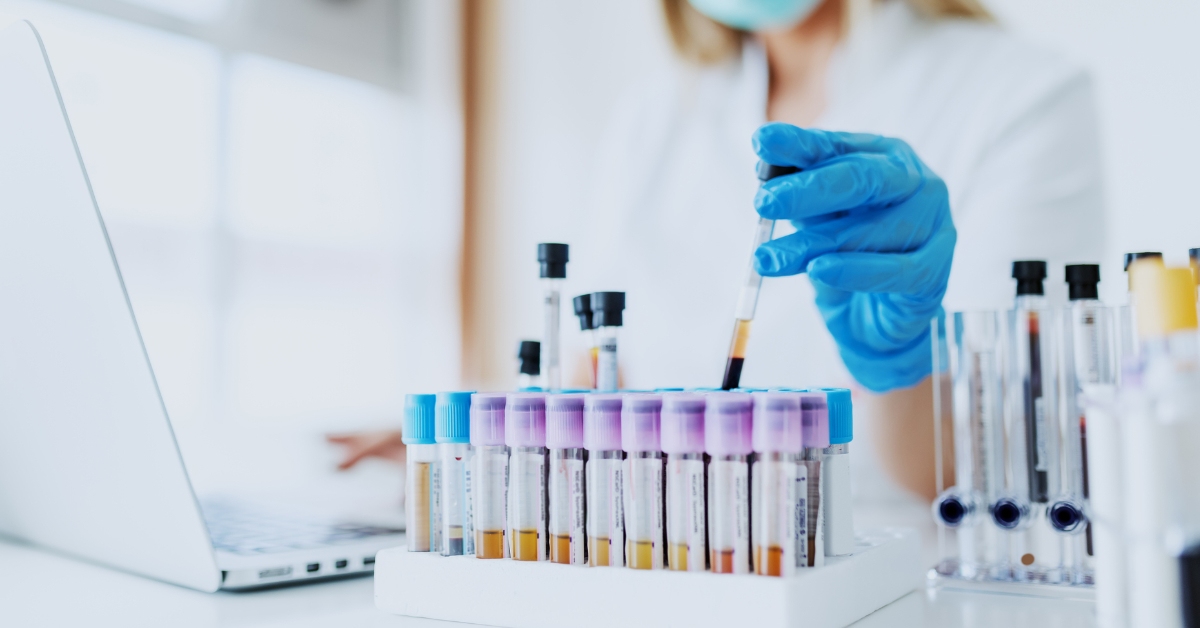 iStock
iStock








